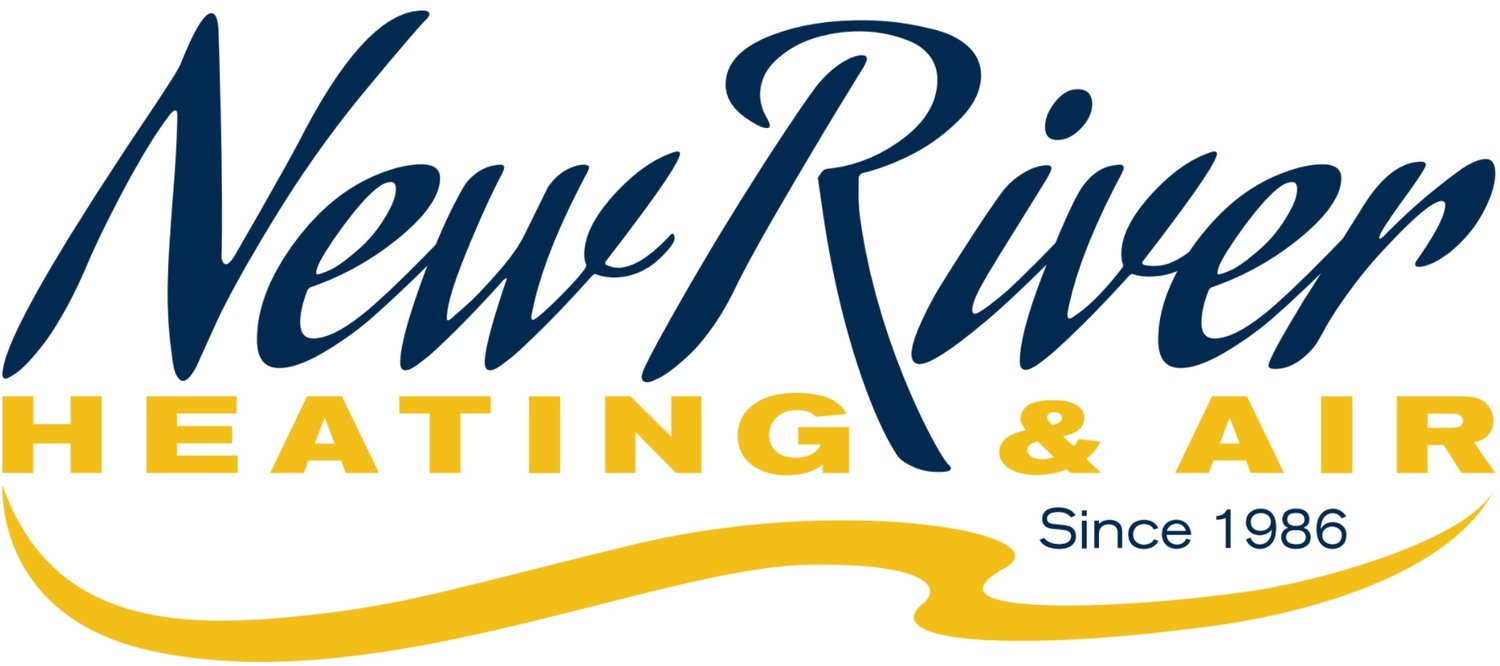Understanding the Role of Refrigerants in Air Conditioning
AC refrigerant travels to and from your indoor air handler as a high-pressure liquid and a low-pressure gas. Throughout this journey, it absorbs heat from your living space and releases it outside. Without refrigerant, your air conditioner wouldn't be able to lower your indoor temperature or extract excess humidity from your Radford, VA home. The following is everything you need to know to about the role of refrigerants in air conditioning.
How Refrigerants Facilitate Heat Transfer
AC refrigerant starts its journey at the outdoor compressor as a liquid. When it enters the evaporator coil in your indoor air handler, it does so at a below-freezing temperature. When warm indoor air is blown over the evaporator coil, the refrigerant within it absorbs its heat and imparts a chill. Conditioned air gets routed throughout the building and hot refrigerant gets pushed towards the outdoor compressor as a vapor gas.
The compressor pressurizes this gas by pressing its molecules together and further increasing its temperature. This forces the release of condensation which is routed into the AC condensate drain. As hot refrigerant cools, it returns to a liquid state. Thus, the alternating vapor and liquid state of refrigerant drives both heat transfer and humidity extraction.
Common AC Refrigerant Problems and Their Impact on Performance
Ultimately, refrigerant is the lifeblood of your cooling system. If something goes wrong with your AC refrigerant, your air conditioner could shutdown or fail to cool. Among the most common refrigerant issues are overcharging, insufficient AC maintenance, and refrigerant leaks.
Signs Your AC Refrigerant Has Been Overcharged
Overcharging refrigerant or adding too much during recharge service creates dangerous operating conditions and could lead to premature AC failure. It also inhibits AC compressors in pressurizing and depressurizing coolant.
If you recently had AC recharge service and your air conditioner is underperforming but your energy bills are at an all-time high, this could be the problem. Other signs of an overcharged air conditioner include excess noise at the outdoor condenser unit, short cycling, increased heat discharge, and freezing at the evaporator coil.
How Refrigerant Loss Affects Your Compressor
Age-related wear, corrosion, faulty installation, and factory defects are just a few of the many things that can cause an AC refrigerant leak. In addition to finding pooling or puddling liquid near your AC refrigerant line, you might notice:
Low airflow
Warm air coming from HVAC air vents
Loud, bubbling or gurgling sounds
Longer and less effective cooling cycles
A dramatic rise in your energy bills
When we check for refrigerant leaks, we also look for light-brown bubbles on evaporator coils. Also known as "champagne bubbles," these tiny, blister-like formations are collected refrigerant.
Insufficient Maintenance and Poor Refrigerant Performance
Having air conditioners serviced before the start of the cooling season is important. Without professional AC maintenance, many air conditioners have dirty, debris-covered coils. On-coil build-ups of dirt, hair, lint, and other particulates prevent cold refrigerant from absorbing heat from warm air as it passes over.
Diminished heat transfer also impacts humidity regulation. Not only does AC refrigerant have a harder time absorbing heat when coils are dirty, but it also struggles to release it. With less condensation being discharged, your indoor air will feel muggy, clammy, and heavy. Poor heat absorption and poor heat release can additionally lead to problems like icing and overheating.
Acknowledging the Environmental Impact of HVAC Refrigerants
When considering the role of refrigerants in air conditioning, it's important to account for how these chemical compounds impact the natural environment. Older AC refrigerants like Freon (R-22) and Puron (R-401a) contain either hydrofluorocarbons (HFCs) or hydrochlorofluorocarbons (HCFCs) which are both ozone-depleting. New Opteon refrigerants are fast-replacing these coolants to eliminate the use of HFCs and HCFCs and minimize the impact that home cooling has on the earth's ozone layer.
Many air conditioners that are 20 years old or older still use Freon as their coolant. As of 2020, Freon is no longer produced domestically and it's no longer being imported. Thus, the cost of recharge service for Freon-reliant ACs is rising. As more AC manufacturers move to Opteon refrigerants, consumers can expect the cost of Puron recharge service to rise as well. All things considered, the type of refrigerant that your air conditioner uses plays a critical hand in determining just how environmentally friendly your HVAC system is.
Your Trusted HVAC Professionals
We help homeowners in Radford, VA experience cutting-edge climate control. We offer outstanding heating, cooling, and indoor air quality. We also provide duct cleaning, backup generators, and tankless water heaters. To find out about our preventative maintenance plans or schedule AC service, contact New River Heating & Air today!
